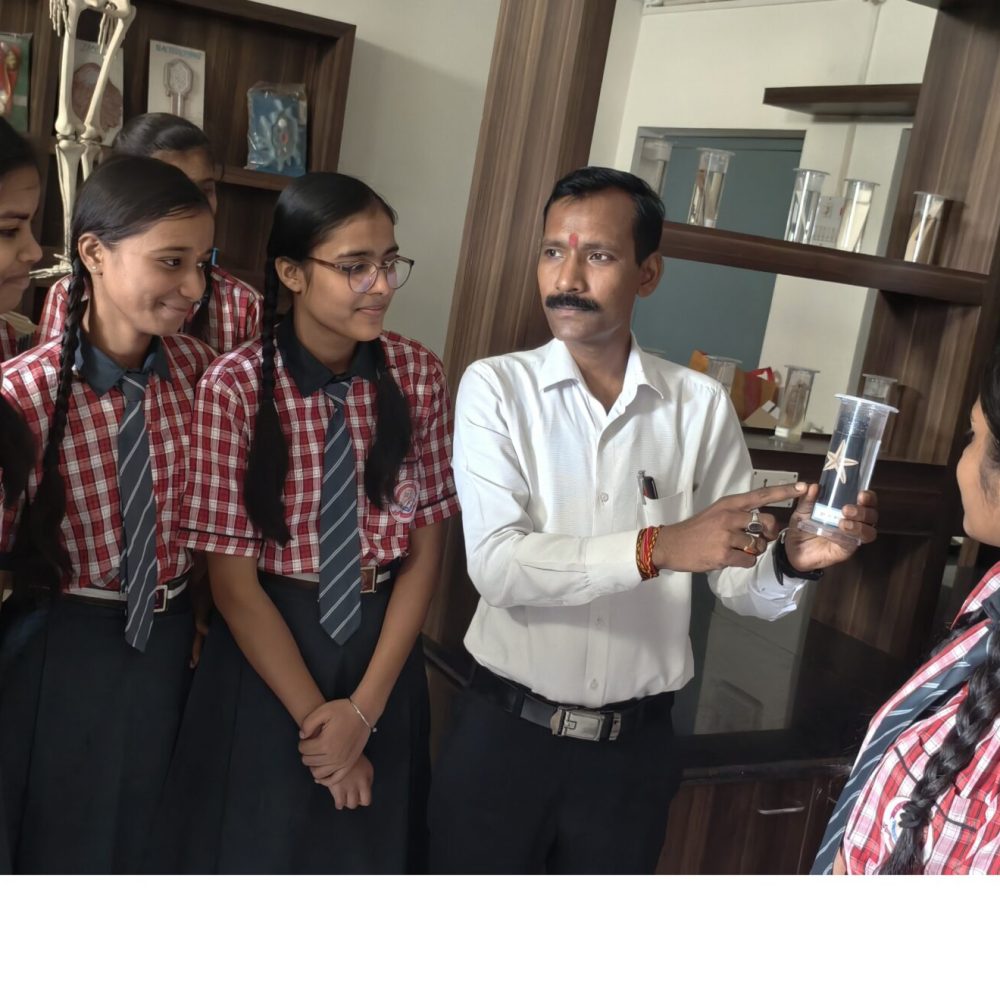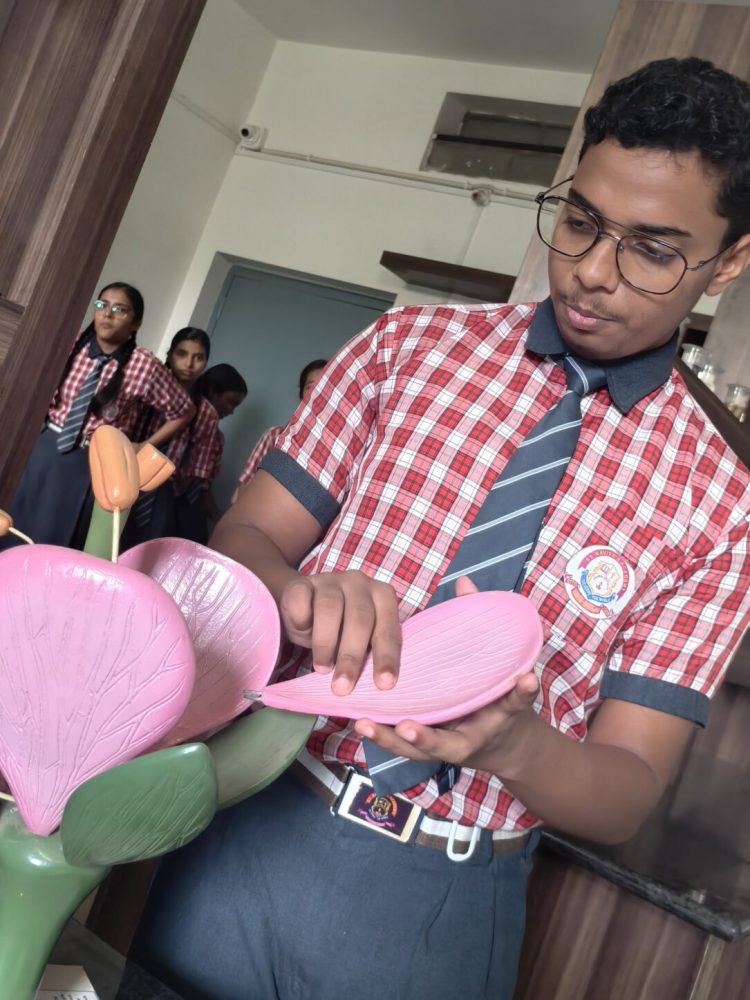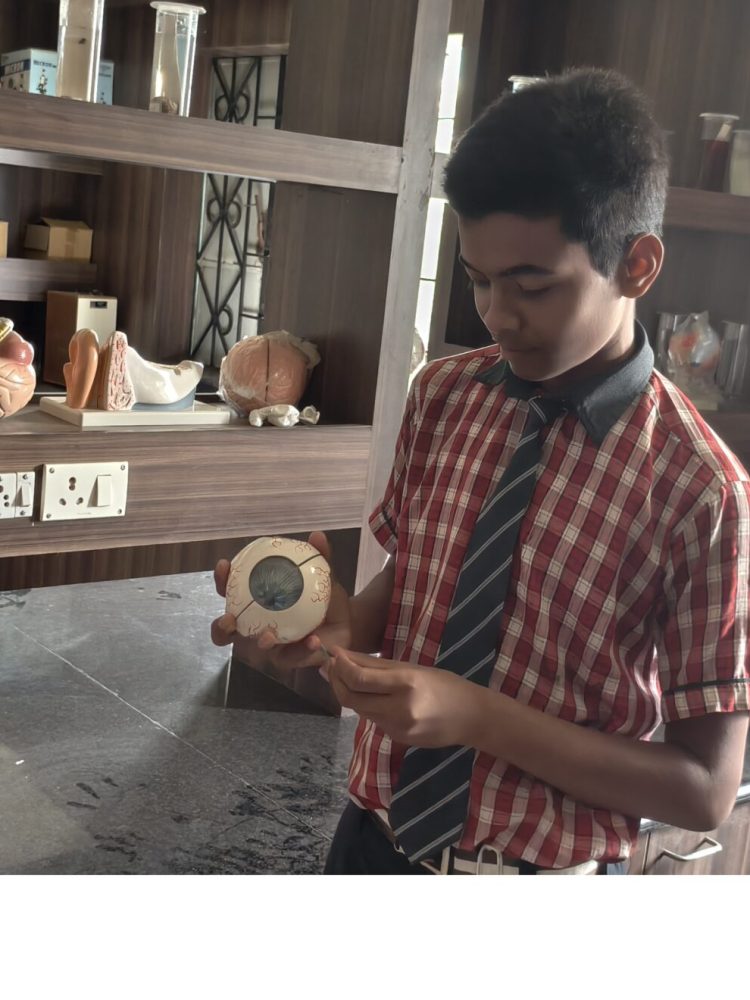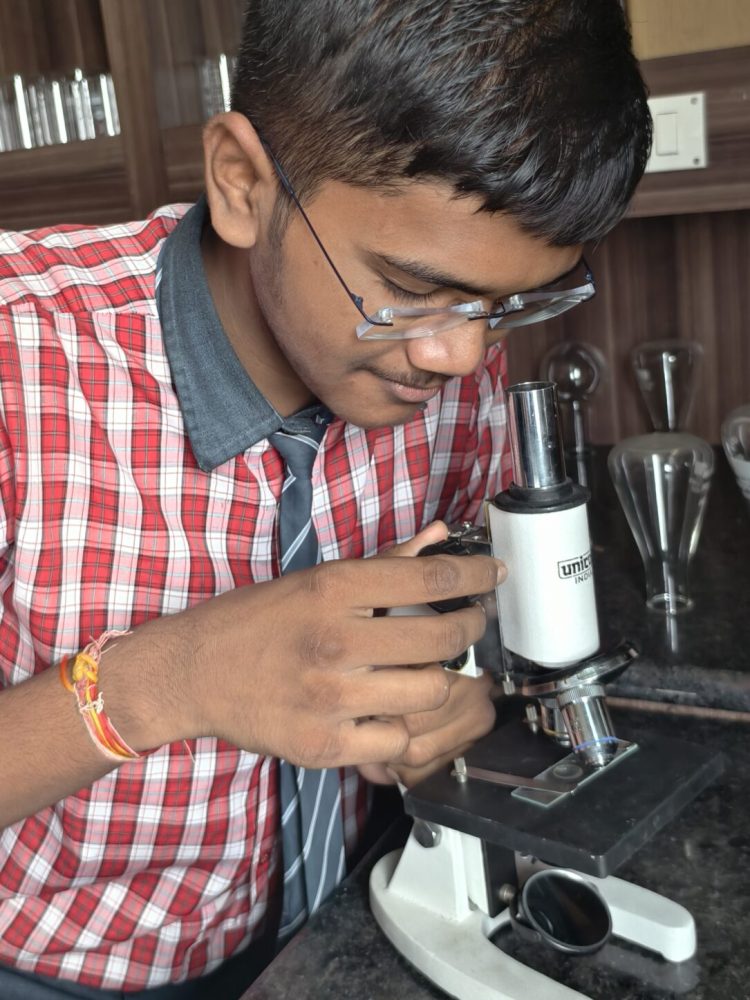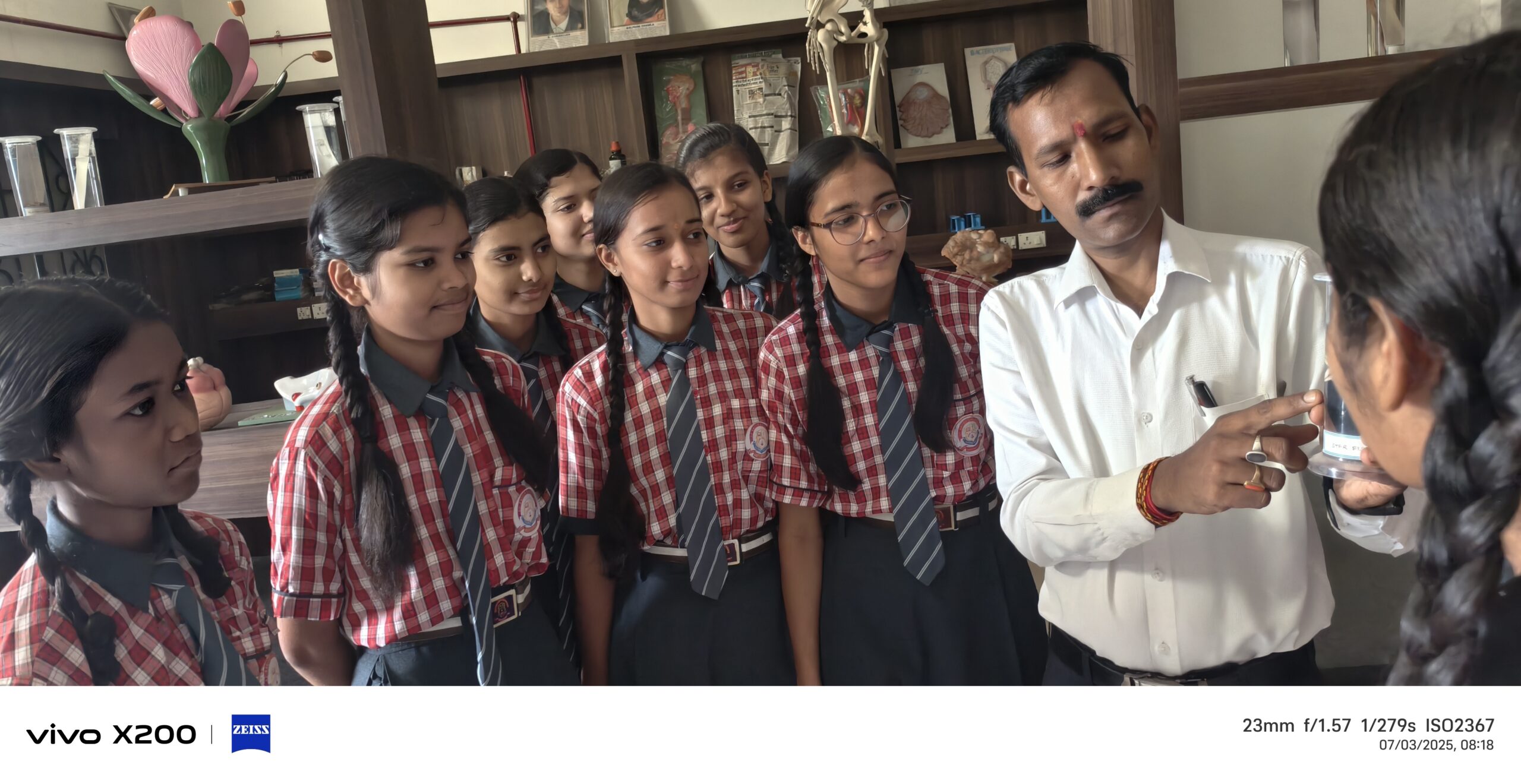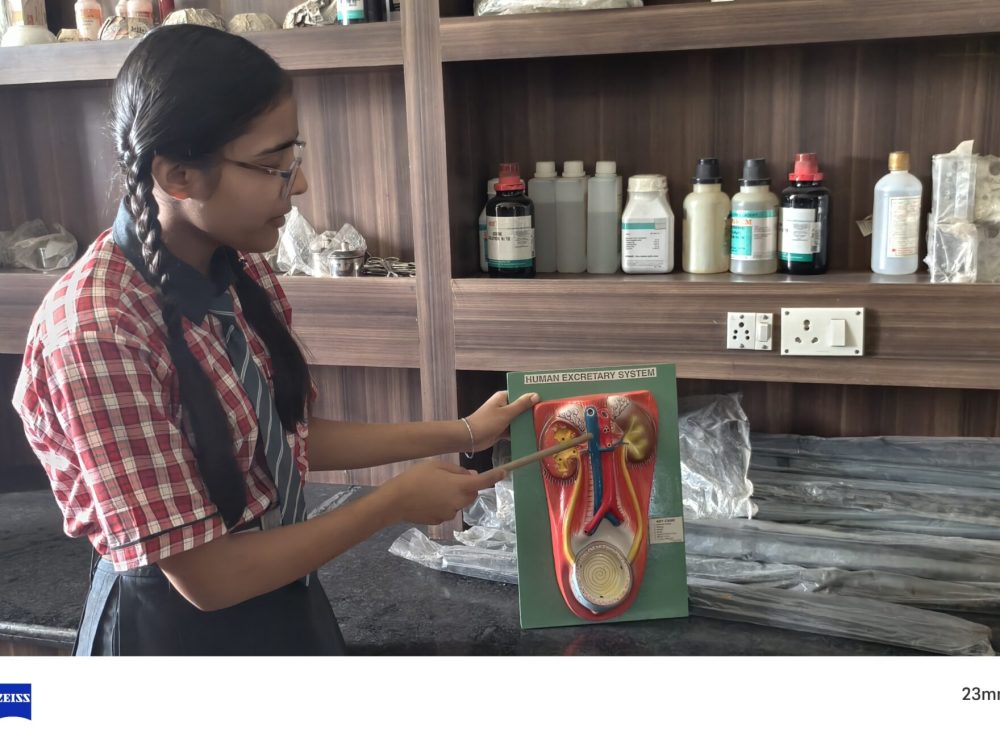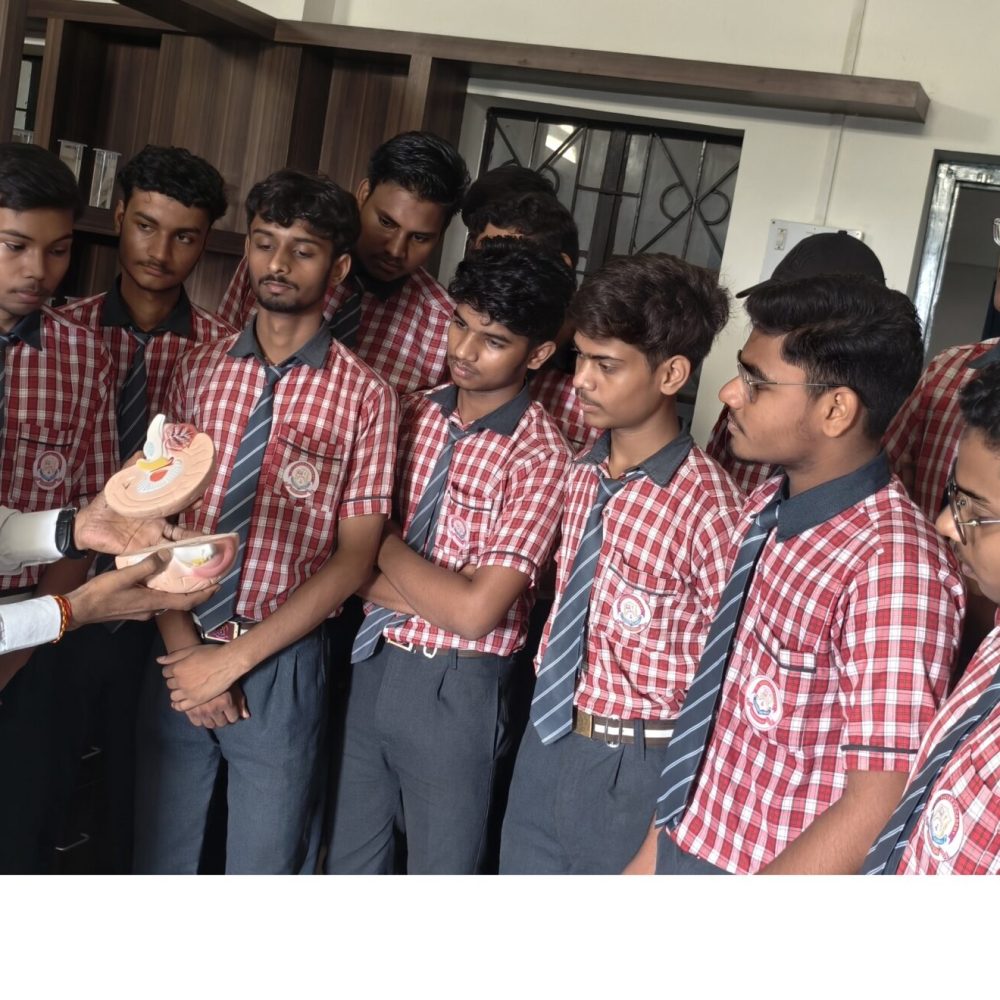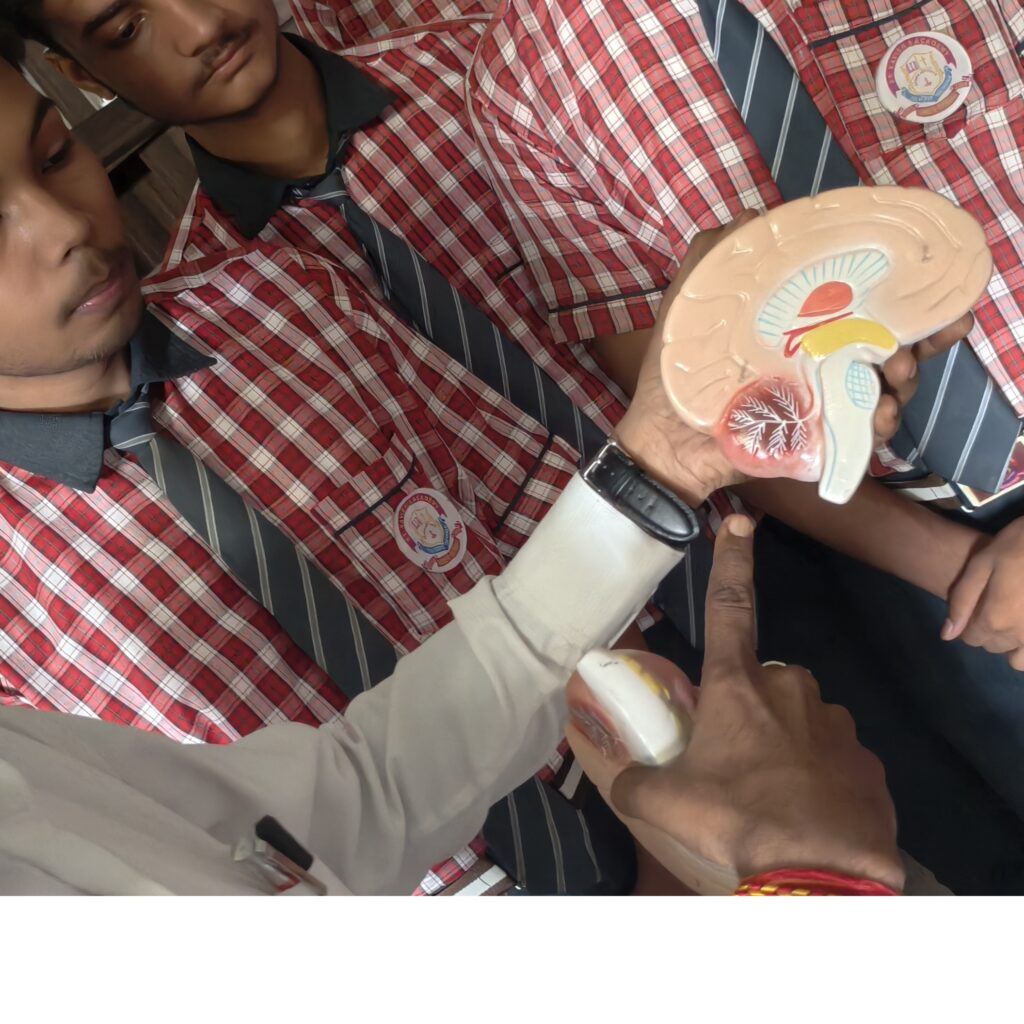In the study of Biology, practicals are given special consideration as they are necessary to stimulate
creativity, curiosity and critical thinking among students. Moreover, practicals help increase
students’ engagement, thus boosting their interest in the subject. School labs are an excellent place
students which help them enhance their learning by understanding the theoretical concepts of
science taught in classrooms. Well-designed laboratories make science experiments fun and help
students achieve good academic results. They help to close the gap in the achievement of learning
outcomes so that classroom transactions will shift towards competency-based learning and
education. Hence, a well-equipped Science Laboratory is required in every school to:
Make learning Holistic, Integrated, Enjoyable, and Engaging
Develop conceptual understanding giving a strong emphasis on Experiential learning in all
stages of science education to move toward Competency-focussed education.
Provide opportunities to students for hands-on learning to observe, experiment and innovate
Fulfill curricular expectations in a holistic manner
Create and facilitate a culture of research from the school level itself
Promote collaborative learning


